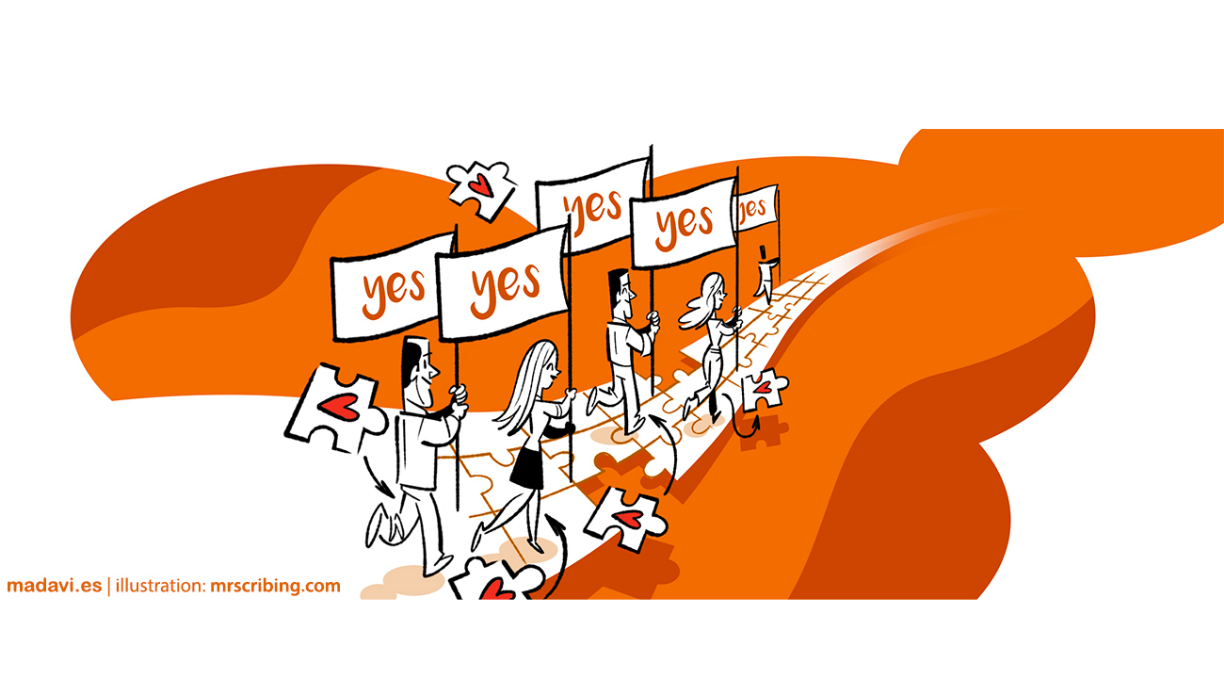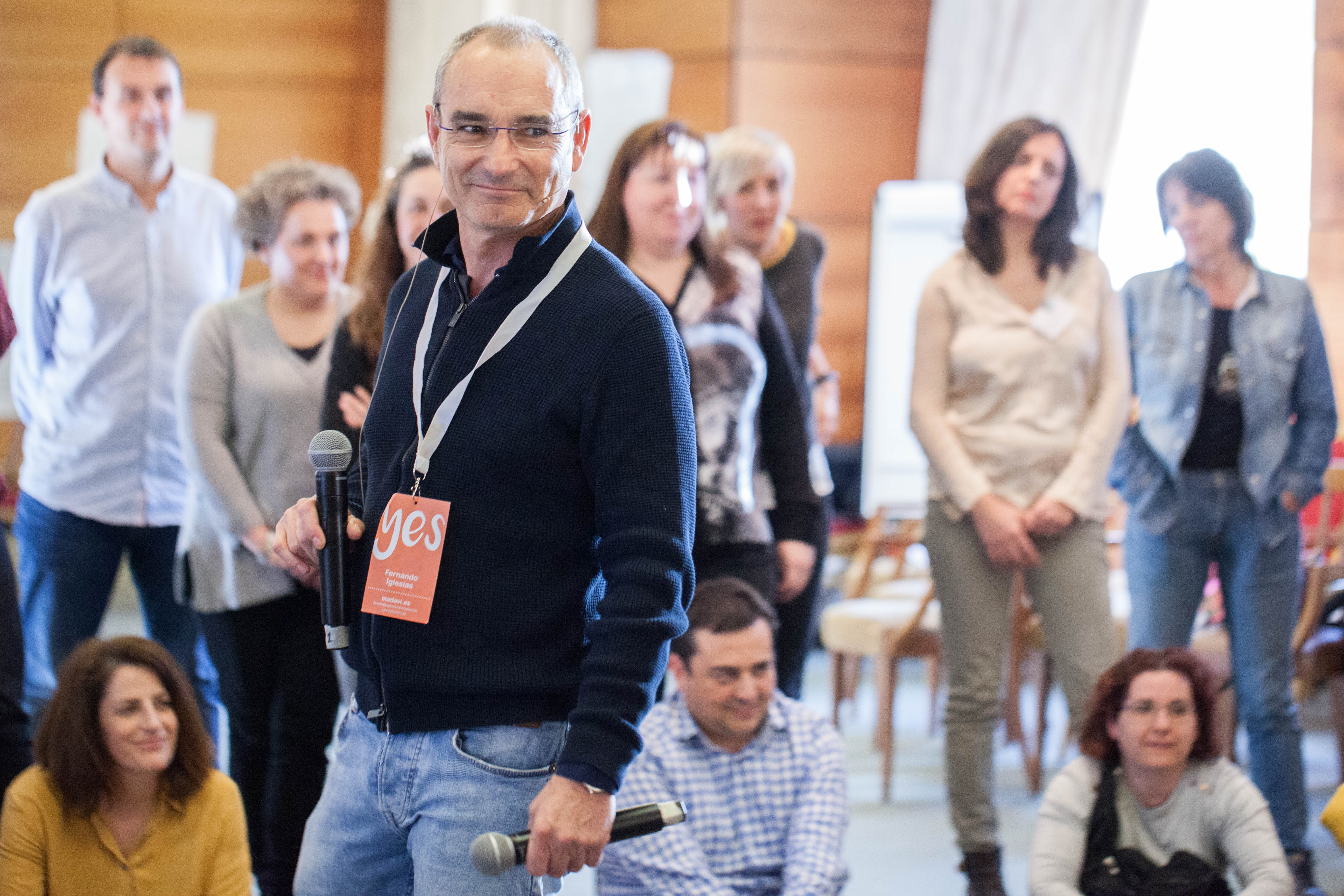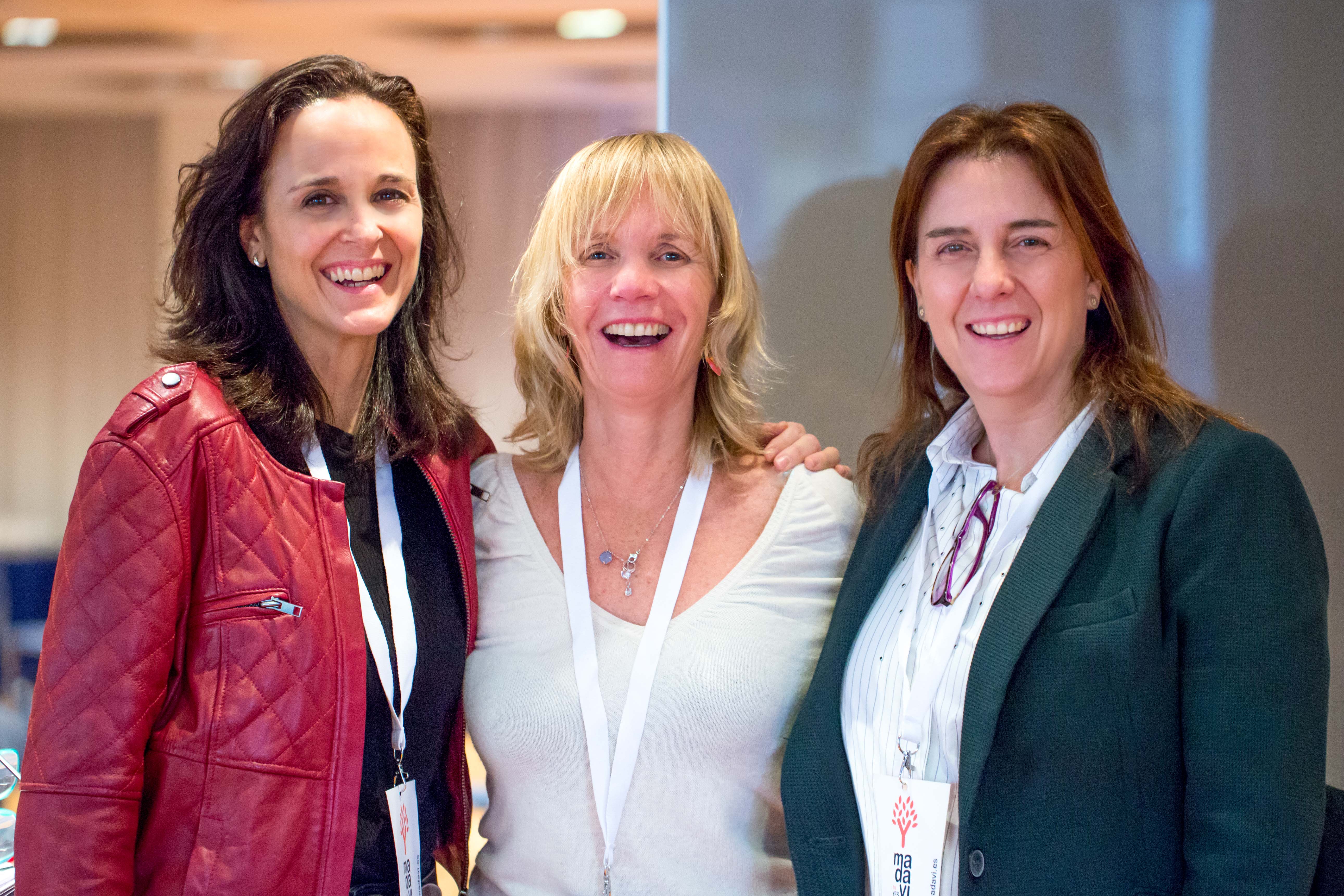To achieve great success in the market you need people who are passionate, who enjoy their work and feel comfortable and secure enough to ask “stupid” questions or «to disrupt the status quo», which are the only ones that permit you to create something new, claims Warren Berger, author of the book «Glimmer: How design can transform your life, and maybe even the world».
What he is saying is that happiness increases productivity, and in fact, every day people are talking more about happy companies and new professional profiles in the area of Human Resources such as the Happy Manager.
Not long ago in the online edition of The Times the following advertisement was published: “We are looking for a manger who brings happiness. It is a requirement for the position that the employees are motivated by something which is not only money”.
Happy managers are leaders who encourage a new form of organization where people occupy a relevant place. It is for that reason that they nurture effective communication, by listening, motivating and team-work.
Every day more and more companies redesign their offices to facilitate this objective, including table football or a ping-pong table, or implement programs to encourage healthy habits amongst their workers, such as yoga classes or free fruit. There are others who launch policies of well- being with initiatives such as emotional support for their employees. These are only three examples of the road for the search of happiness in their employees. But the concept goes in fact much deeper.
Alexander Kjerulf, the author of the best seller “Happy Hour is from 9-5”, explains that nearly all companies assure that they have employees who are «motivated and happy», but very few actually do much to achieve it.
Organizations that really believe in a culture of happiness maintain horizontal structures, empower their employees in climate of confidence, manage a reasonable balance between individualism and collectivism, as well as, between personal and professional objectives, and generate a low level of uncertainty which permits their employees to risk and bet on innovative options.
According to this author each person at work and in life chooses to be happy…..you cannot force them to be so. “Choose to be happy with what you do and you will more productive.”.
In Madavi we add one more ingredient to that formula for happiness: tackle the transformation, the change, from your strengths, from what the organizations and the people DO have.
Companies will grow and develop more quickly as long as they study what they do have and what they do want instead of investigating their problems. And this appreciative inquiry always results in happier employees and organizations.
What sense is there in analyzing what does not work? Inquire into what were those moments when your employees felt proud of their work and bring that positive energy into the present and let it rub off into the whole team. “This is the way of changing the way in which we change”, a methodology belonging to Madavi The YES Company.
More appreciative, happier, and more productive



